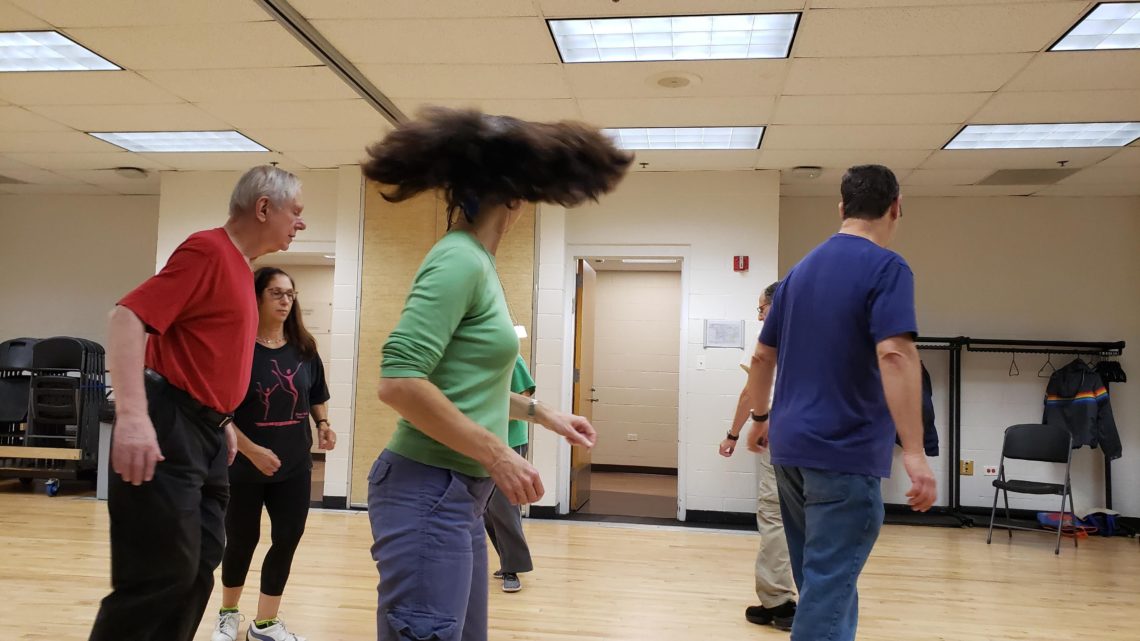
Israeli Folk Dancing on a Wednesday Night
My good friend, Donna, invited me to join her at her Israeli dance class on a Wednesday night. She has been dancing with this group for years, and she knows that I love both trying new things and dancing. I marked my calendar for a Wednesday night and gladly joined her.
I could quickly tell that this was a wonderful group of individuals who knew each other not just as classmates or dancers but also as people. They developed real friendships through their dancing. That feeling had a positive impact on the whole evening.
Since I was a newbie with the group (I had done some Israeli dancing at my synagogue and various events in the past but did not remember details about the dances), and I was dancing rather than taking notes, Donna provided me with a run down of the evening. (Thanks, Donna! There is NO way that I would have remembered any of those names. If the names were in English, I would not have remembered them. There is no chance that I would have remembered the Hebrew names.)
The information below is what Donna wrote down for me:
Here is a list of the dances we did that night ((Jim (the instructor) keeps track of everything we do at dancing)). The first 7 dances are the ones that we teach all beginners. The rest of them are a mix of beginner, intermediate and advanced dances. You graduated to joining us for the intermediate and advanced dances immediately.
| lo ahavti dai |
| tzadik katamar |
| tzlil zugim |
| ayala |
| ba la |
| sham harei golan |
| sulam ya’akov |
| yo ya |
| bepundak katan |
| haoto sheli hayofi shelach |
| libi |
| silsulim |
| beleilot hakayitz |
| im rotzim |
| ana eli |
| yare’ach limon |
| ahava pshuta |
| eretz eretz |
| ki eshmera shabat |
| zodiak |
| hareshut |
| amen lamilim |
| at va’ani |
| ata totach |
| ba’a elechem |
| bapardes leyad hashoket |
| hine ma toiv |
| hora gesher |
| hora medura |
| hora nirkoda |
| hora or |
| miss music |
| olam hafuch |
| shufni |
| think |
| zemer atik |
| mayim mayim |
The basic Israeli dance steps that we taught you are the yemenite (sway, sway, cross) and the tcherkessia (a slower version of a step, ball change).
(I don’t remember exactly which steps and dances I was doing below, but I kept on moving and enjoying myself for approximately 2 hours.)
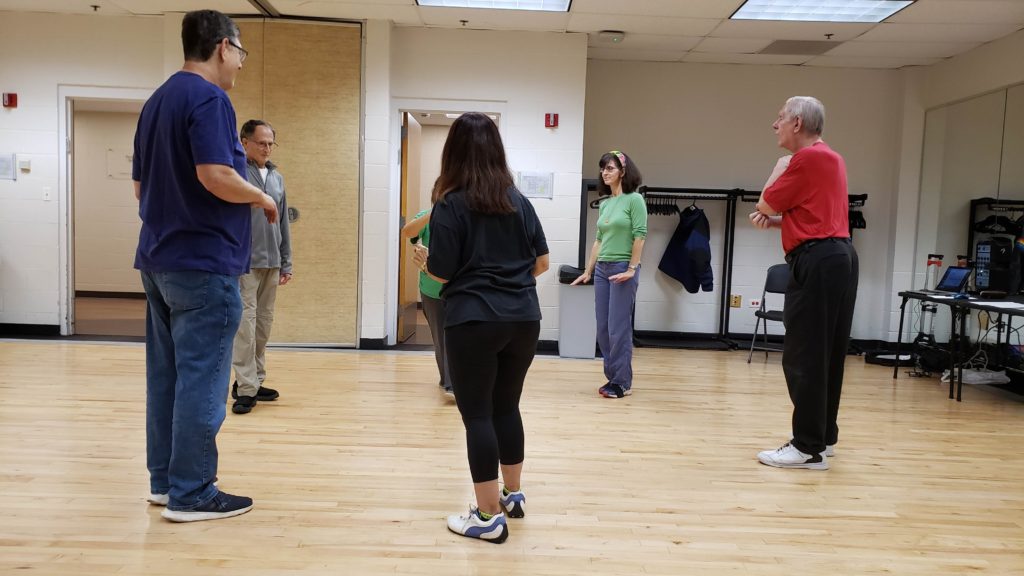
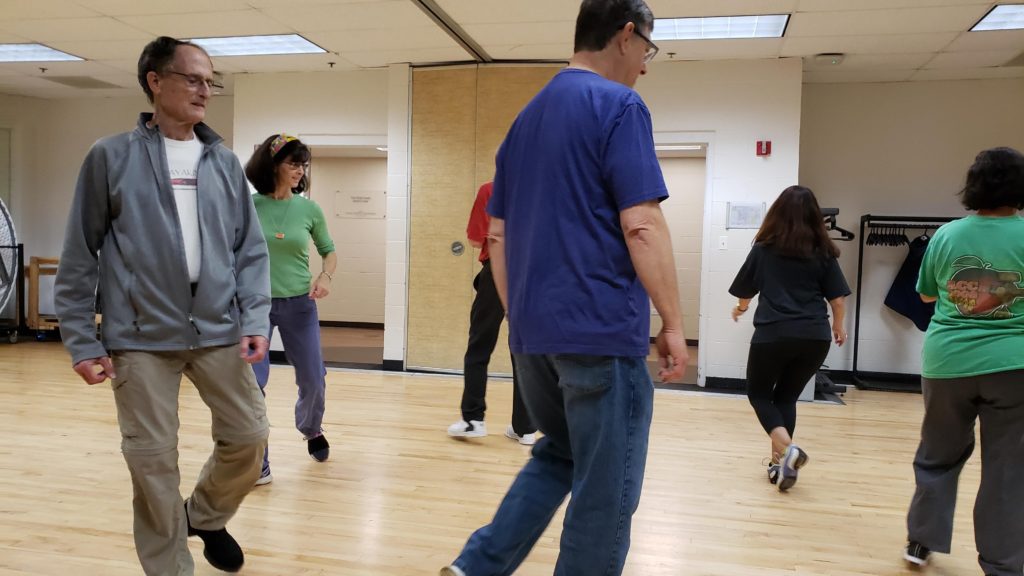
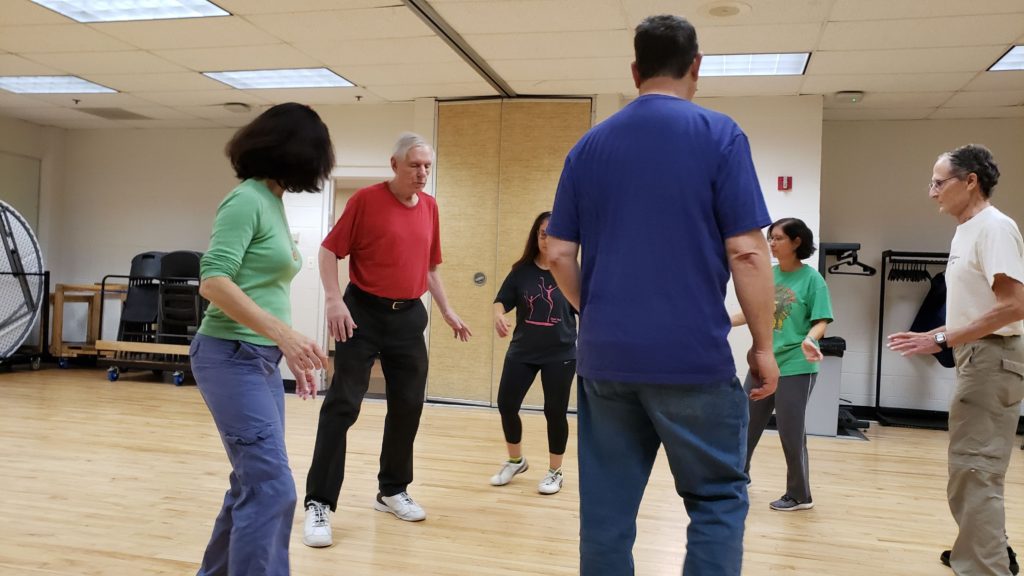
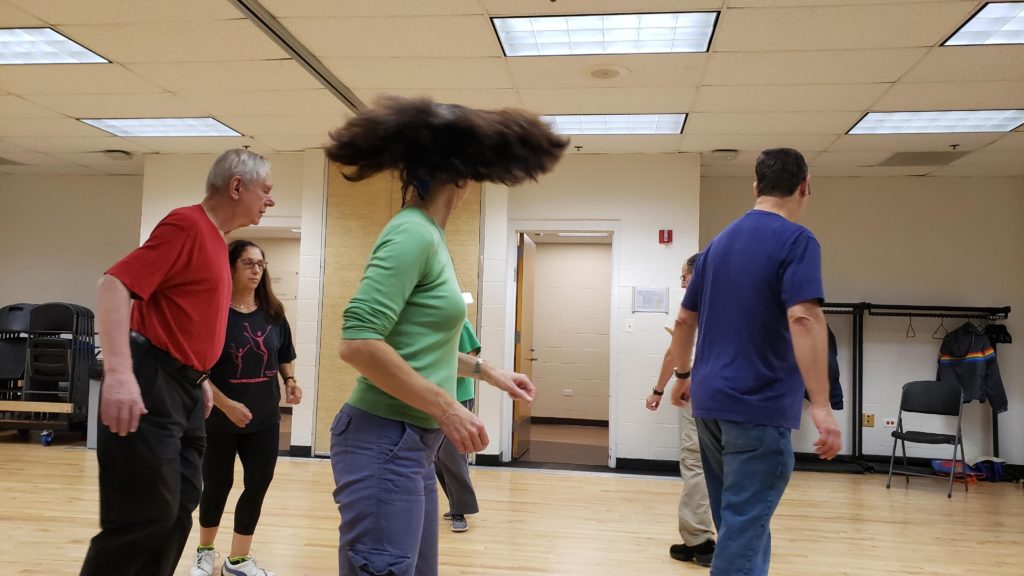
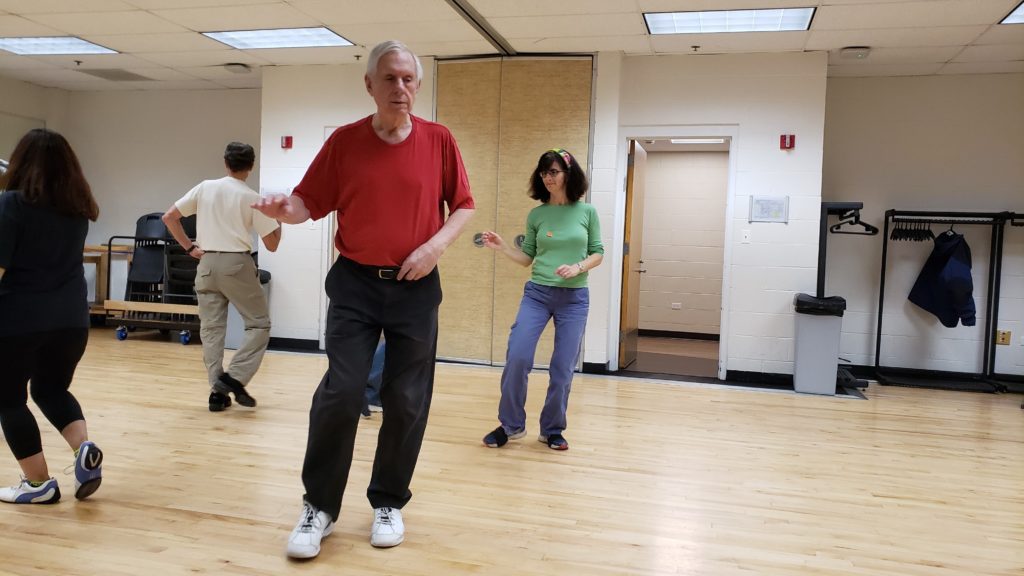
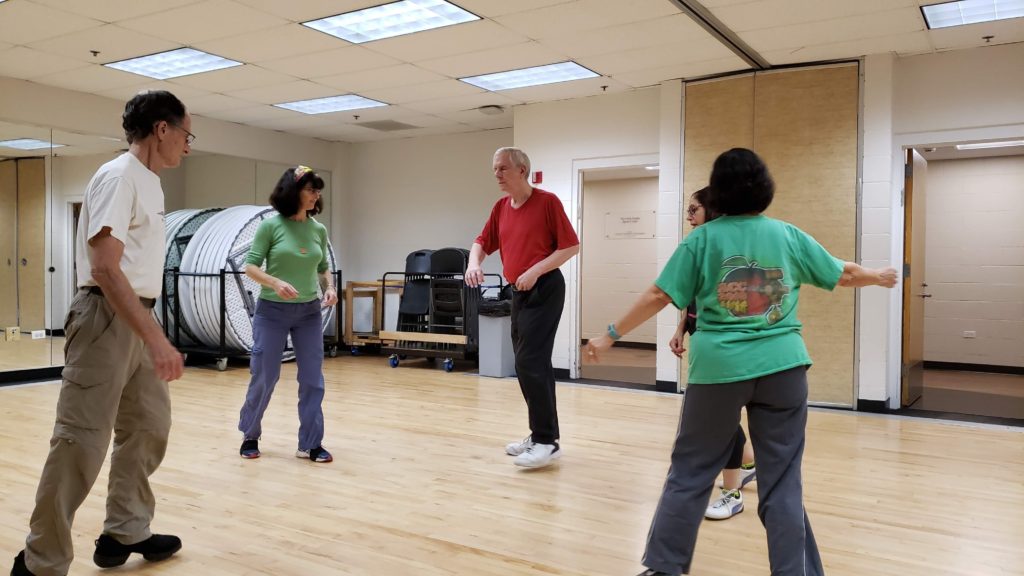
Here is Jim’s version of the history of Israeli dancing:
Israeli folk dancing is different from other types of folk dancing in that it was deliberately created rather than an outcome of long traditions. When the state of Israel was created in 1948 there was discussion about how to actually establish a community among people from many different cultures. One of the answers was to create folk dancing. At first it was run by the government and there were strict rules about what was allowed and what not. For example, one of the things not allowed was waltzes, which had no Jewish roots.
Folk dancing soon became wildly popular and choreographers started creating dances from the traditions of the many cultures that the people of Israel came from. Even waltzes became part of them. Today nearly 10 thousand dances have been created and it is estimated that 25% of all Israelis have done Israeli folk dances at some time in their lives. Throughout Israel there are hundreds of groups that meet weekly and many attract hundreds of people. Today Israeli folk dancing is popular in all corners of the world.
Harriette’s additional comment: (Harriette is the co-organizer of the group with Jim.)
The first (credited) created dance was choreographed in 1924, Hora Agadati. It was a popular activity among the young kibbutznikim even before the State was declared.
Wikipedia’s version of Israeli folk dancing
I decided to learn a little more about Israeli dancing as well. I found an interesting article in My Jewish Learning which provided more of the history. Per the article, “The formula that experts believe has preserved and will continue to preserve Israeli folk dances is balancing continuity and change; a balance necessary for the preservation of any tradition and folklore.”
Here is a link to another article (same author as the previous article) which provides some more interesting information. https://jwa.org/encyclopedia/article/folk-dance-israeli
If any of you are in the Chicagoland area and are interested in checking out the group, they meet on most Wednesday nights (they take off any Jewish/Secular holidays that fall on a Wednesday as well as the eve of Thanksgiving). It is at the J on Revere Dr. in Northbrook. Beginners start at 7:00pm and the dances get progressively harder throughout the night. The cost is $10 per week. I personally recommend that you take the opportunity to enjoy some Israeli folk dancing with a very nice group of people. Happy Dancing!


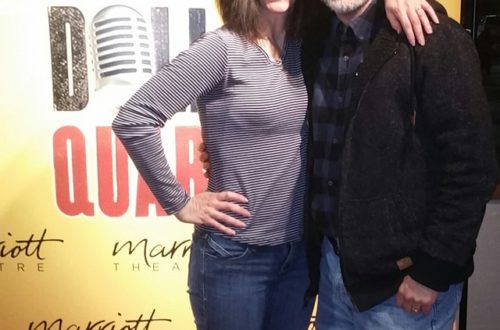
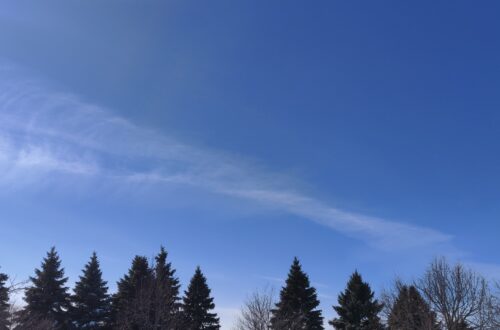
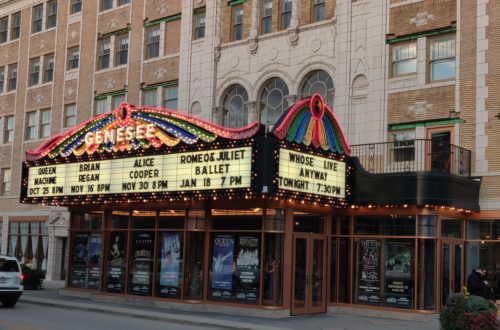
3 Comments
Rachel Hannon
This looks like it is right up your alley, and so much fun 💃!
Beckie
It was!
SMS
Very good article! We are linking to this particularly great content on our site. Keep up the great writing.